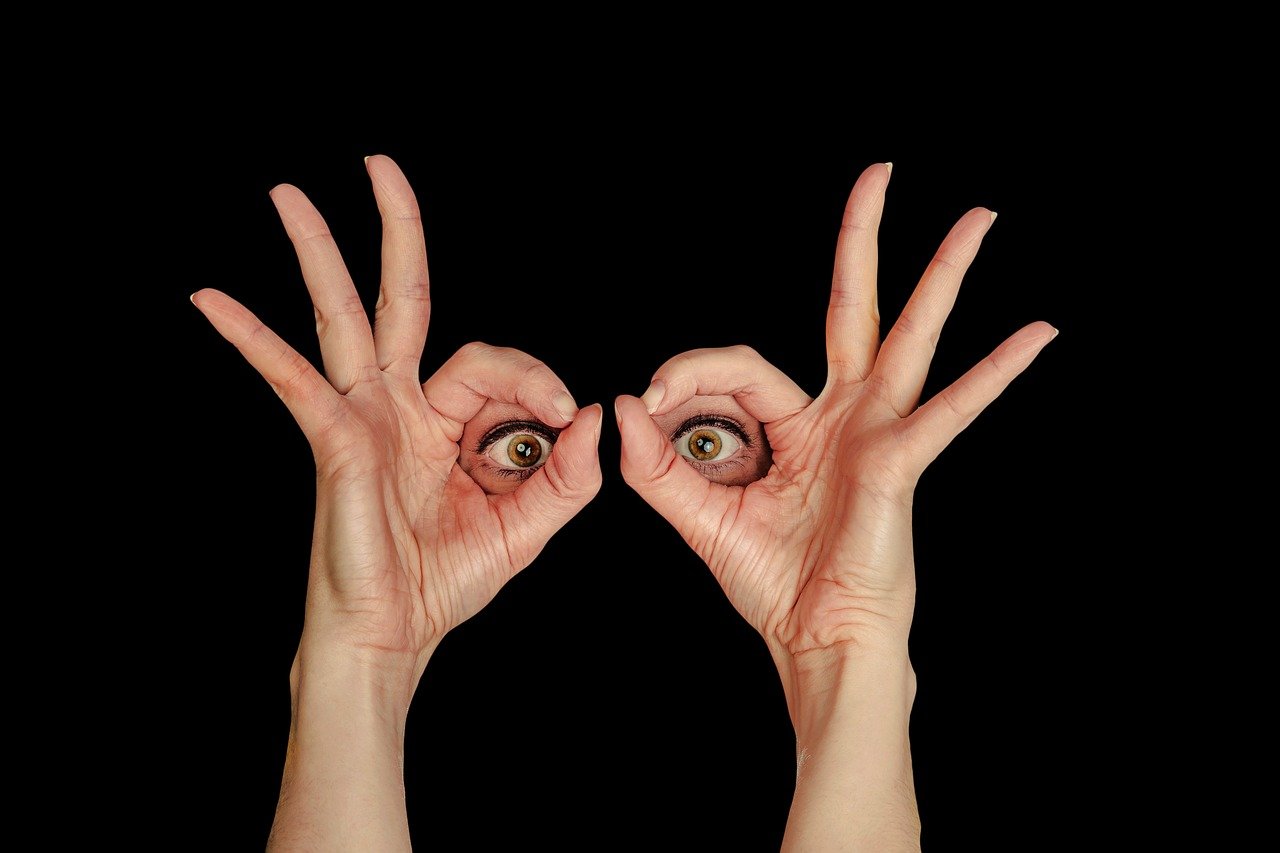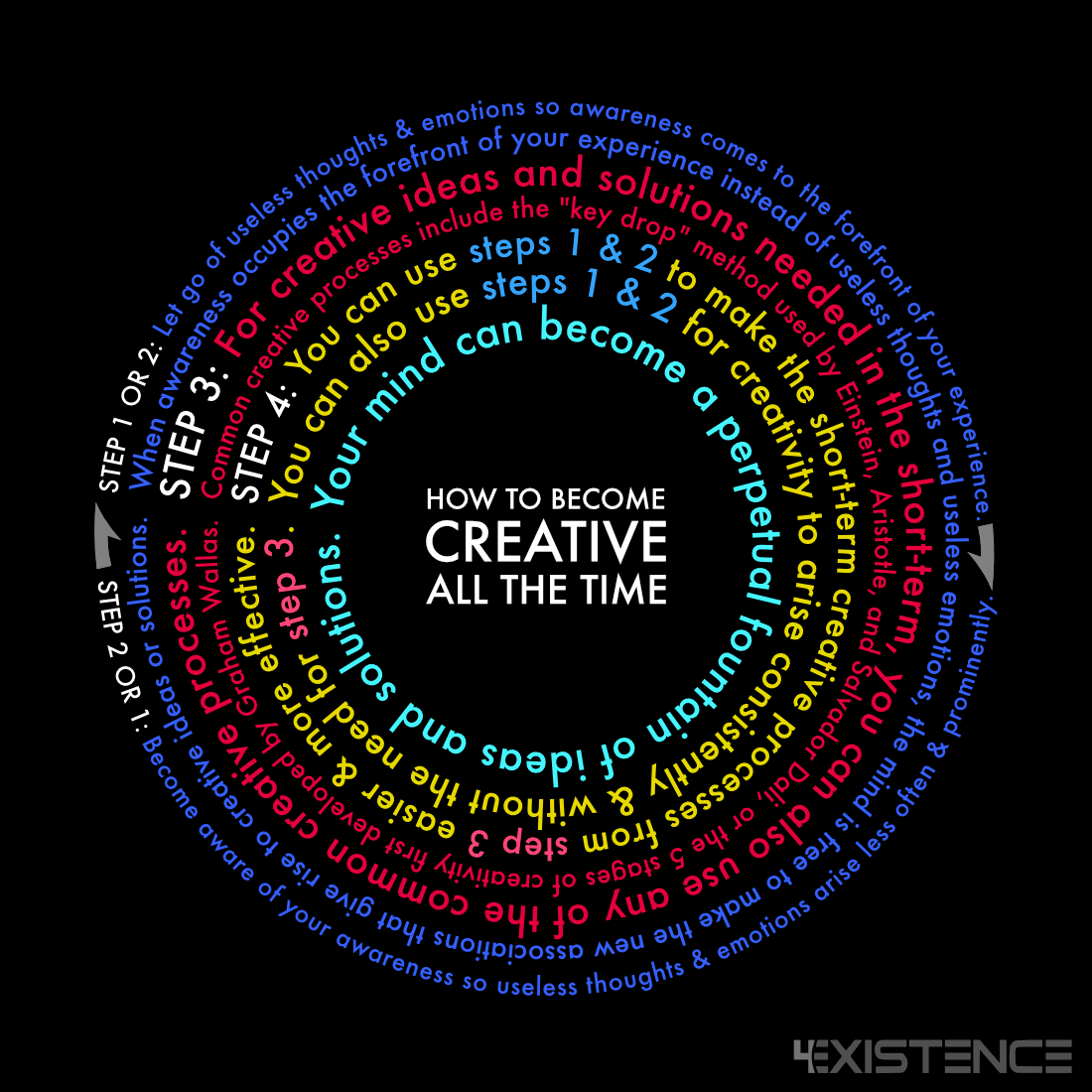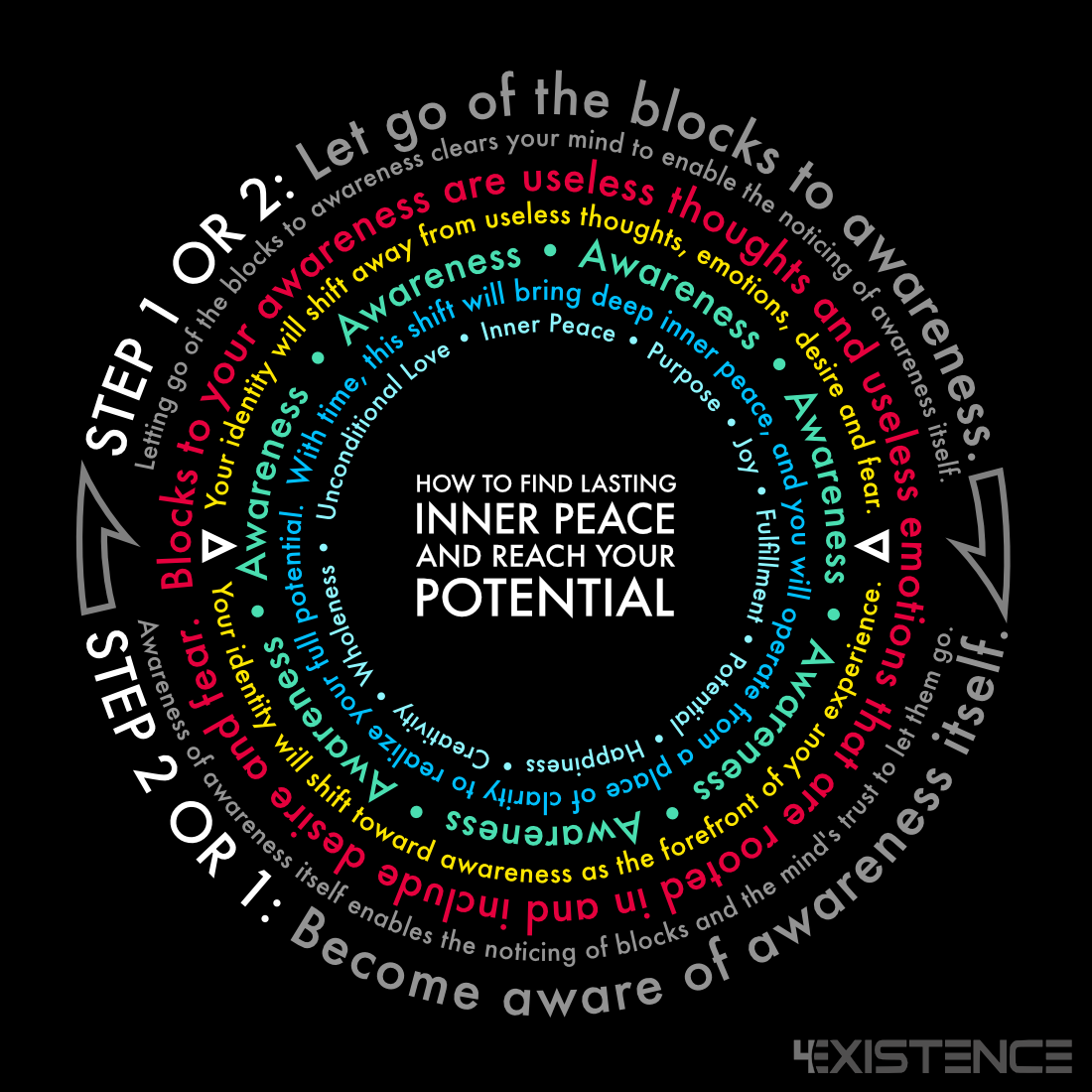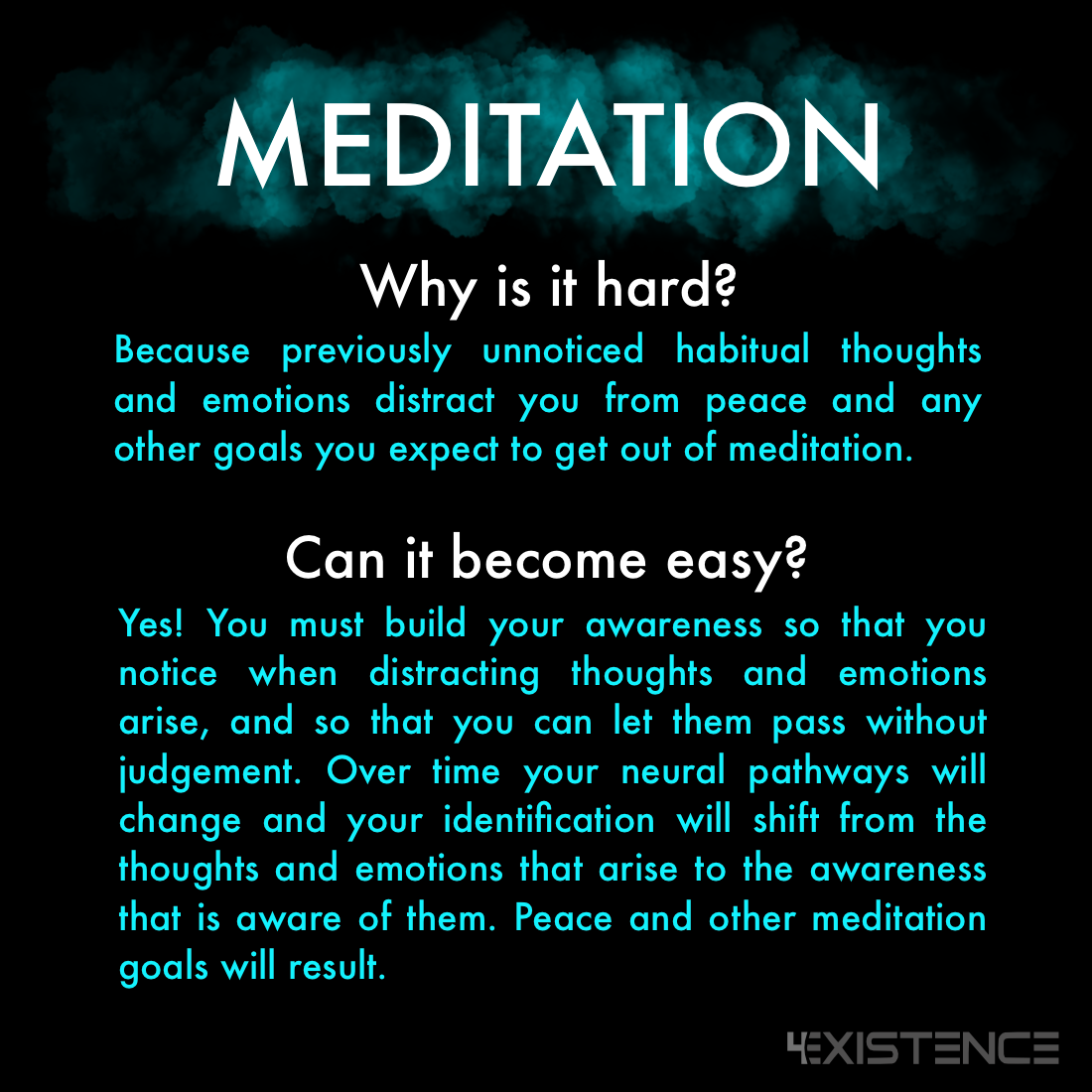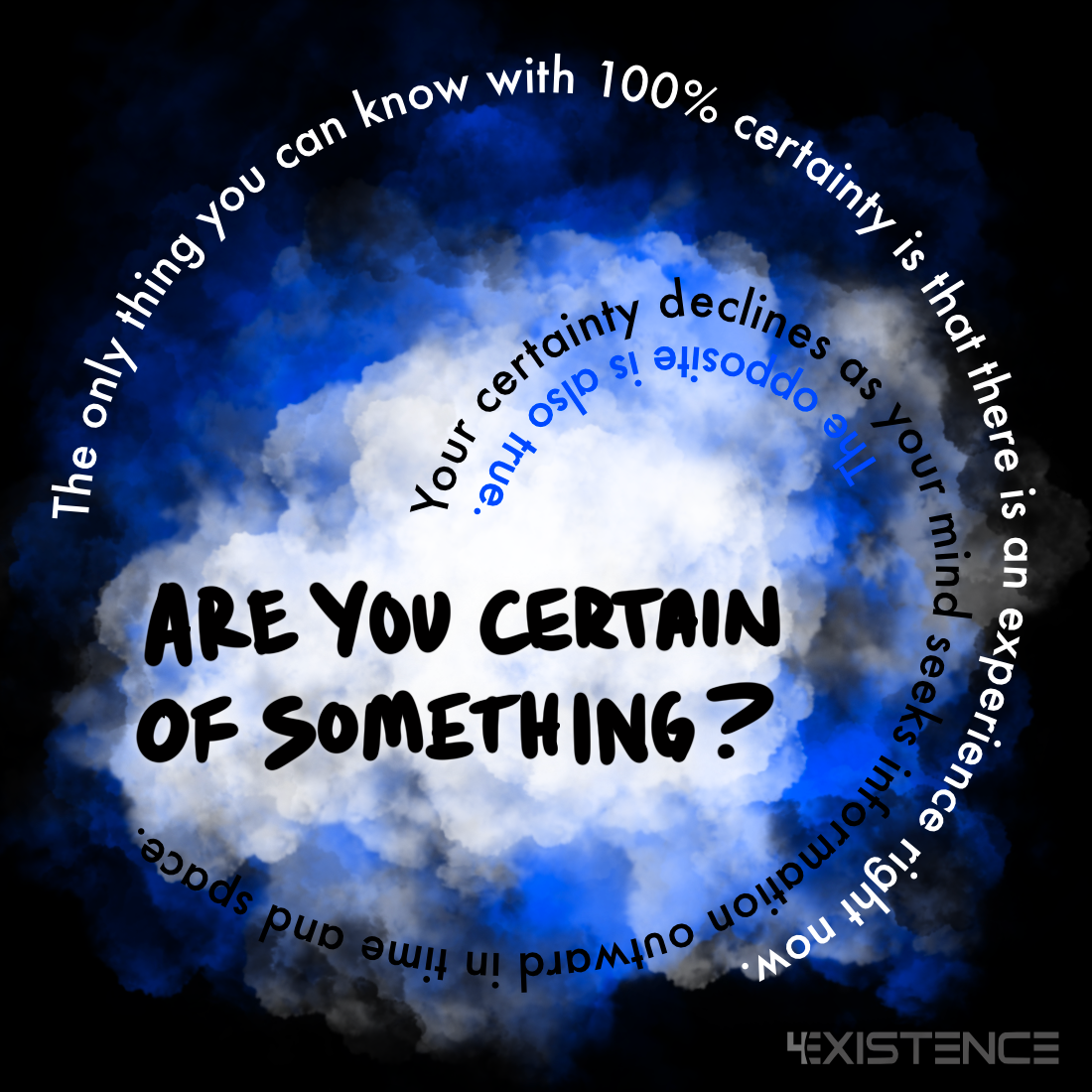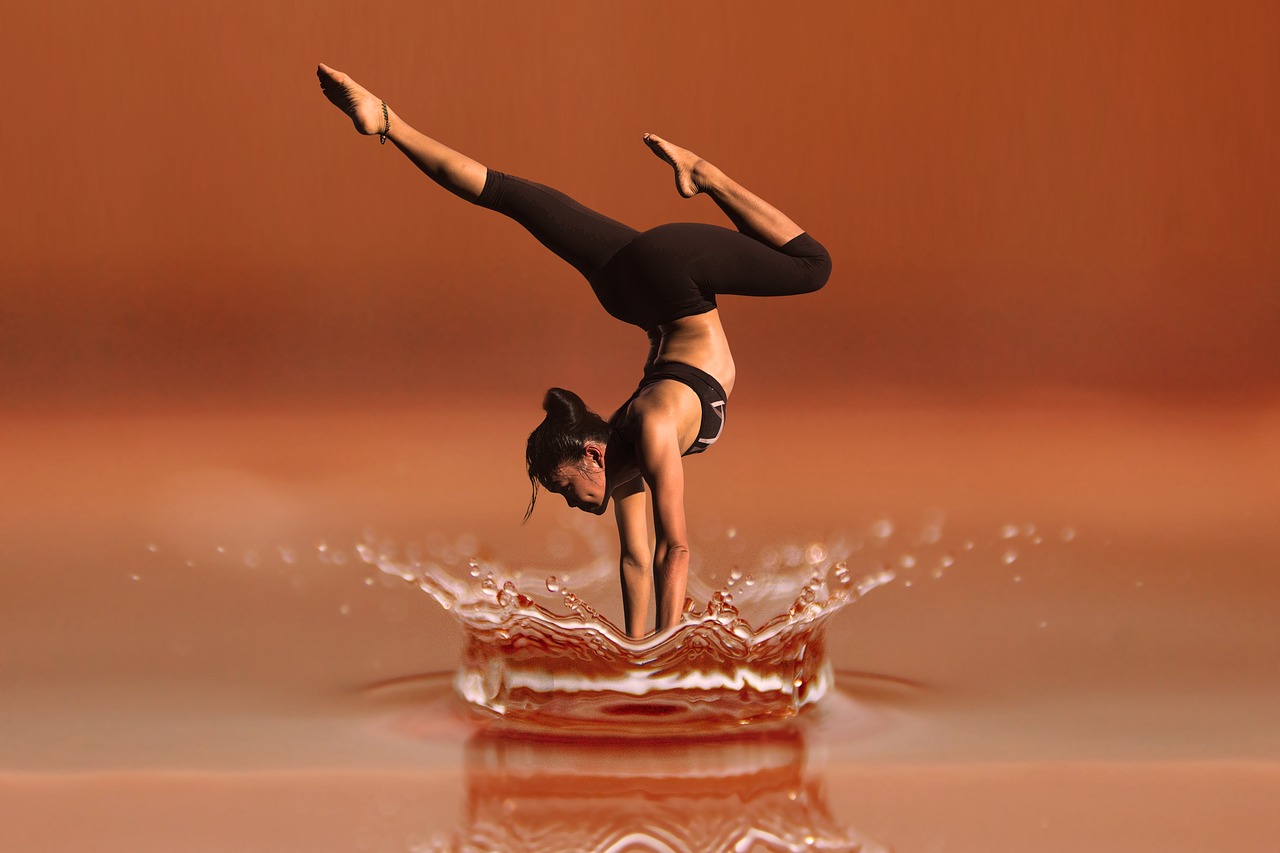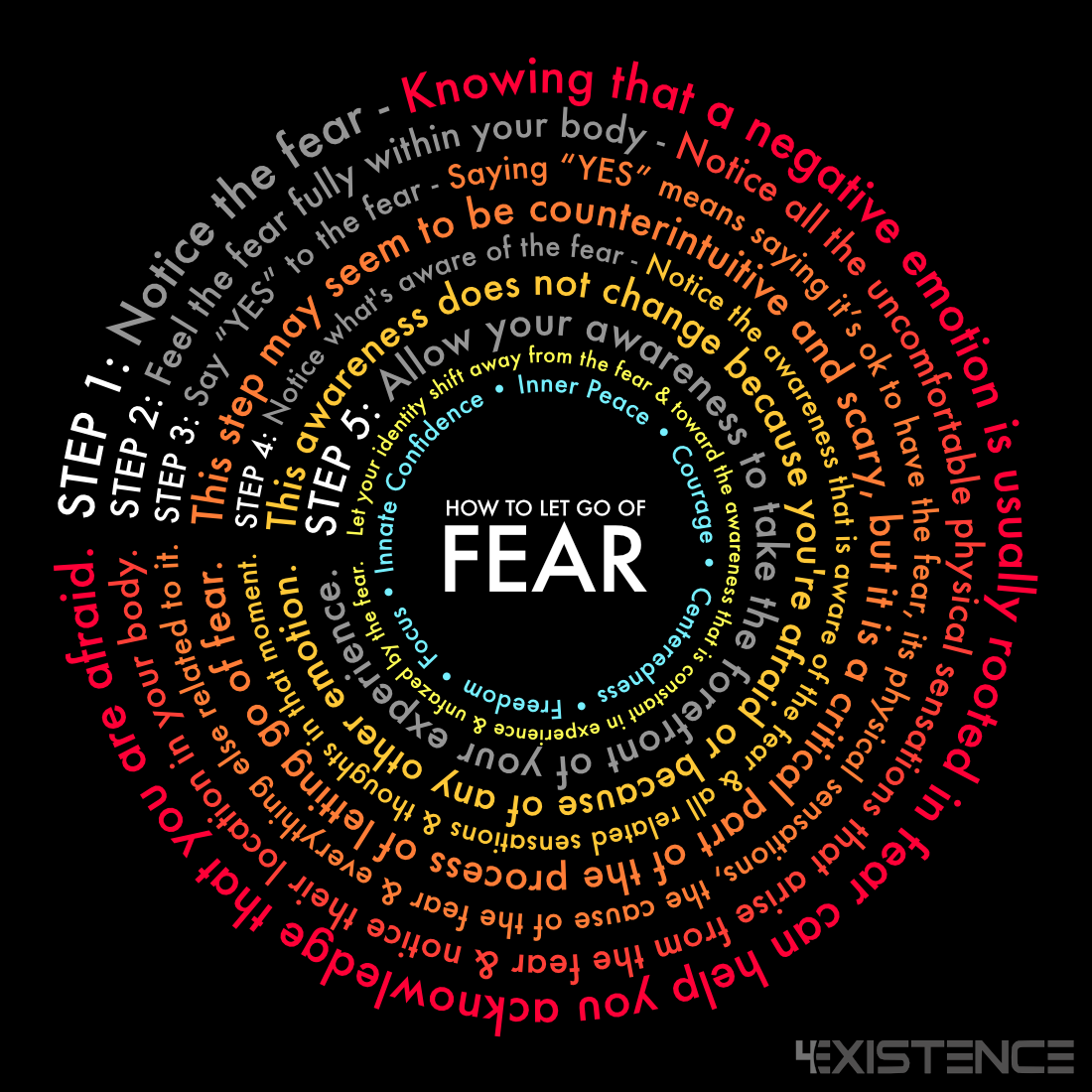
Present moment awareness meditation is not only effective as a meditation practice, but also as practice during your daily life.
A simple, yet very powerful technique is to ask yourself the question: Am I aware right now?
This may seem like a pretty easy question to answer, and the mind might respond with “of course I’m aware right now.” However, you can take this question to a deeper level and it can have great use for you in meditation and daily life toward becoming aware of awareness itself.
When you ask yourself this question, you want to answer it experientially rather than by just saying yes. Instead of just saying yes automatically, you want to check for yourself to prove it to yourself, or to make sure that you are actually aware right in that moment.
This more conscious check, rather than a cursory “yes” answer, immediately directs you to become aware of your awareness itself, even if just for a split second.
Here’s how you can bring this question into life and meditation…
Are You Aware in Daily Life?
A useful, temporary habit to develop throughout your day is to occasionally ask yourself if you are aware right now. This habit does 3 things:
- It acts as habitual alarm to bring you into the present moment.
- It incorporates becoming aware of awareness into your functional daily life rather than just in meditation, which helps you become more aware even when there are a lot of distractions.
- Over time, the more you do it, the easier it becomes and the gaps between being aware of awareness itself get shorter until they finally disappear.
Are You Aware in Meditation?
Asking yourself this question during present moment awareness meditation or during any type of meditation you choose will do all the same things as previously described about daily life. However, it also helps you deepen your experience of awareness itself as you will have less distractions and more frequent experiences of being aware of awareness itself in the shorter meditation time window.
So, no matter what meditation you choose to do, try saying or thinking to yourself “am I aware right now?” and look for the experiential answer. Look for the experience of awareness itself. You can do this at the beginning of the meditation, anytime during, and at the end.
How This Question Unfolds In You
Again, it is important to make sure that you approach answering this question experientially rather than intellectually, whether or not you are meditating.
By incorporating this question into your daily life and into your present moment awareness meditation practice, you will gradually become more aware of awareness itself.
While this may seem like a simple or trivial question, this is the essence of awareness itself. It’s simply what makes you feel like you are aware or conscious.
There very likely won’t be big fireworks around this process, but it will benefit your meditation practice, and the change over time will become increasingly apparent and fulfilling.
Resources To Cultivate Present Moment Awareness
How To Find Yourself Through Awareness of Awareness

